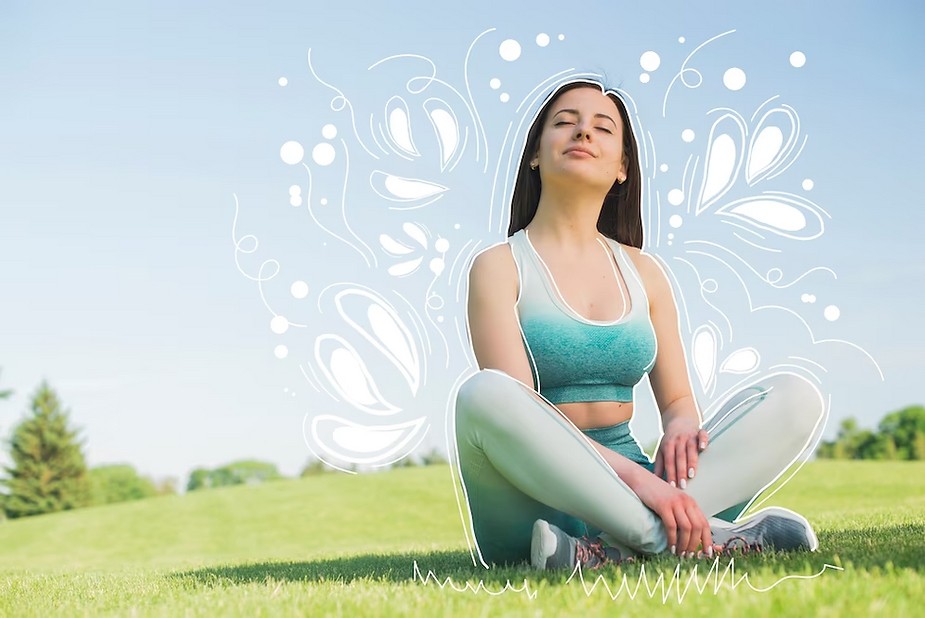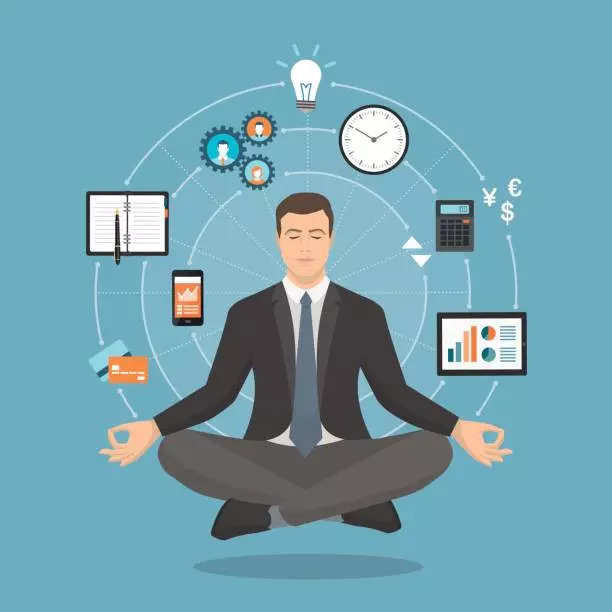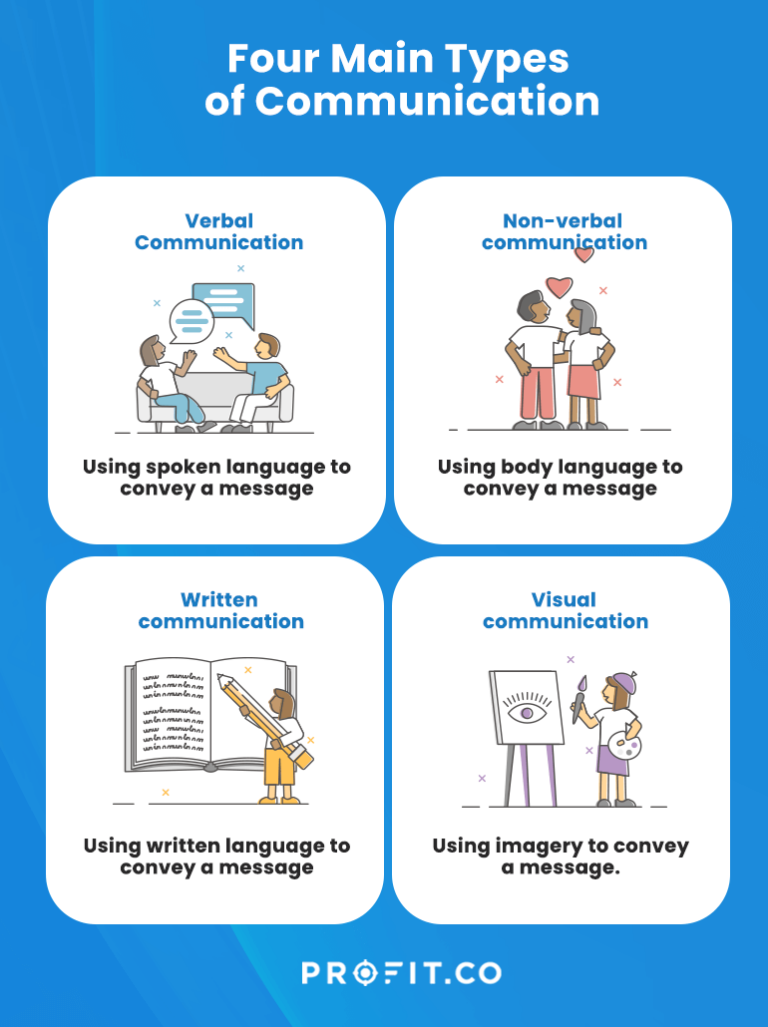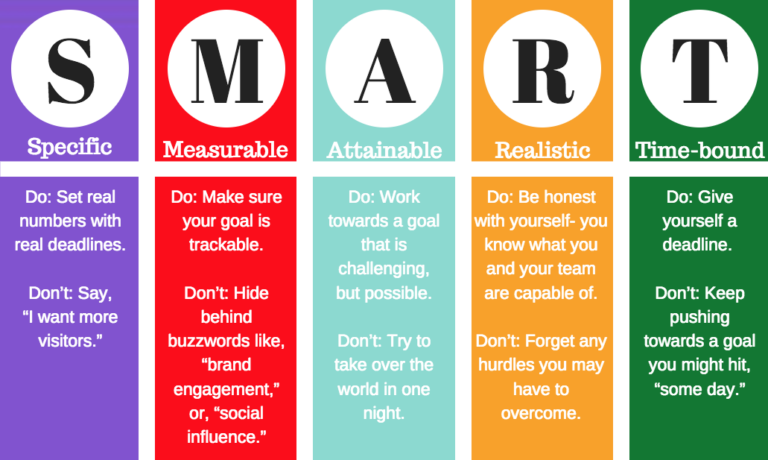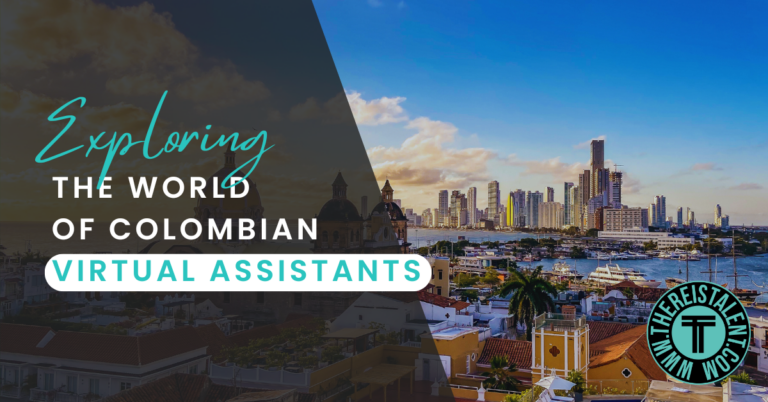The Art of Mindful Living in a Busy World
The art of mindful living is essential for maintaining balance in a busy world. It helps reduce stress and improve mental well-being.
In today’s fast-paced society, finding moments of mindfulness can seem challenging. Yet, integrating mindfulness into daily routines is both achievable and beneficial. Simple practices, like focused breathing or mindful walking, can make a significant difference. They allow individuals to stay present and grounded.
This not only enhances personal well-being but also boosts productivity and clarity. Embracing mindfulness doesn’t require drastic changes. Small, intentional steps can lead to a more balanced and fulfilling life. By prioritizing mindfulness, even in a hectic schedule, one can cultivate a sense of peace and resilience.
Introduction To Mindful Living
Living mindfully means being present in each moment. In today’s busy world, it can be hard to stay mindful. This guide will help you understand and embrace mindful living.
What Is Mindfulness?
Mindfulness is the practice of being aware of your thoughts and feelings. It involves noticing your surroundings and staying present. It means paying attention to your body and breath. This practice helps you connect with the present moment.
Benefits Of Mindfulness
The benefits of mindfulness are vast and impactful. Below is a table highlighting some key benefits:
| Benefit | Description |
|---|---|
| Reduces Stress | Mindfulness helps lower stress levels. |
| Improves Focus | Being mindful enhances your attention span. |
| Better Emotional Health | Mindfulness leads to better emotional control. |
| Improves Relationships | Mindfulness helps you connect better with others. |
Practicing mindfulness can be simple. Here are some ways to start:
- Meditate daily for at least 5 minutes.
- Take deep breaths when feeling stressed.
- Focus on your senses: sight, sound, smell, touch, and taste.
- Practice gratitude by noting things you are thankful for.
Mindful living brings peace and happiness. It helps you cope with the daily hustle. Start today and see the positive changes in your life.
Challenges In A Busy World
In today’s fast-paced world, many struggle to find balance. The demands of modern life create numerous challenges. Let’s delve into the challenges in a busy world and explore how they impact our well-being.
Common Stressors
Many face multiple stressors daily. These stressors often include:
- Work pressure: Tight deadlines and high expectations.
- Family responsibilities: Balancing work and home life.
- Digital overload: Constant notifications and screen time.
- Financial concerns: Managing expenses and savings.
Impact On Mental Health
These stressors significantly impact mental health. Stress can lead to:
- Anxiety: Feeling overwhelmed and anxious.
- Depression: Persistent sadness and lack of interest.
- Burnout: Emotional exhaustion and reduced performance.
Addressing these challenges is crucial. Practicing mindfulness helps reduce stress and improves mental health.
Incorporating Mindfulness Into Daily Life
Mindfulness helps bring peace and focus. It can be part of every day. By adding simple mindful practices, you can feel calmer and more present.
Morning Routines
Starting the day with mindfulness can set a positive tone. Here are some easy steps to follow:
- Wake up early: Give yourself extra time in the morning.
- Stretch: Gentle stretching helps wake up your body.
- Deep breathing: Take a few deep breaths to clear your mind.
- Gratitude list: Write down three things you are thankful for.
These steps can help you feel calm and ready to face the day.
Mindful Eating
Eating mindfully can improve your health and well-being. Follow these tips to eat more mindfully:
- Eat slowly: Chew your food well and enjoy each bite.
- Focus: Turn off the TV and put away your phone.
- Notice flavors: Pay attention to the taste and texture of your food.
- Portion control: Serve yourself smaller portions to avoid overeating.
Mindful eating can help you enjoy your meals and feel more satisfied.

Credit: www.linkedin.com
Mindfulness At Work
In today’s busy world, practicing mindfulness at work can boost productivity. It can also reduce stress. Creating a mindful workspace helps maintain focus and peace.
Stress Management Techniques
Stress can lower your performance at work. Here are some easy techniques to manage stress:
- Deep Breathing: Take slow, deep breaths to calm your mind.
- Short Breaks: Take short breaks to refresh your mind.
- Stay Hydrated: Drink water to keep your brain active.
- Mindful Walking: Walk mindfully during breaks to reduce tension.
Creating A Mindful Workspace
A mindful workspace promotes a calm and productive environment. Here are tips to create one:
| Tips | Description |
|---|---|
| Declutter | Keep your desk clean to reduce distractions. |
| Natural Light | Use natural light to boost your mood. |
| Green Plants | Add plants to your workspace for fresh air. |
| Comfortable Chair | Use a comfortable chair to support your back. |
Incorporate these tips to create a space where you feel calm and focused. Your workspace should be a place that encourages productivity and mindfulness.
Mindful Relationships
In the hustle of daily life, maintaining mindful relationships can be challenging. Yet, it is essential for our well-being and happiness. Mindful relationships involve being present and fully engaged with those around us.
Active Listening
Active listening is the cornerstone of mindful relationships. It means fully focusing on the speaker without interrupting. Here are some ways to practice active listening:
- Make eye contact
- Nod to show you understand
- Ask questions to clarify points
- Avoid distractions like phones
By practicing active listening, you make the other person feel valued. This builds trust and understanding.
Building Emotional Connections
Building emotional connections is vital for deep, meaningful relationships. Here are some simple ways to strengthen emotional bonds:
- Show empathy: Understand and share the feelings of others.
- Express gratitude: Regularly show appreciation for the other person.
- Be vulnerable: Share your feelings and experiences openly.
- Spend quality time: Engage in activities you both enjoy.
Emotional connections make relationships more resilient and fulfilling. They foster a sense of belonging and mutual support.

Credit: www.amazon.com
Mindfulness And Technology
Technology can easily take over our lives. We often forget to be present. Mindfulness helps us regain balance. It teaches us to use technology wisely.
Digital Detox
Technology is everywhere. Phones, tablets, and computers are part of daily life. They offer endless information and entertainment. But, they can also cause stress. A digital detox can help.
- Turn off your devices for a day.
- Spend time in nature.
- Read a book.
- Practice meditation.
Digital detox helps reset our minds. It brings calm and focus.
Mindful Social Media Use
Social media connects us. But, it can also overwhelm us. Mindful social media use is key.
- Set time limits for social media.
- Follow positive and inspiring accounts.
- Avoid negative and toxic content.
- Engage with posts that add value.
Use social media with intention. It helps maintain mental well-being.
| Activity | Mindful Practice |
|---|---|
| Checking emails | Set specific times for email. |
| Browsing the web | Limit browsing to 30 minutes. |
| Watching videos | Choose educational or inspiring content. |
Balancing technology and mindfulness can improve our lives. We can use technology without feeling overwhelmed.
Mindful Practices And Exercises
In a fast-paced world, finding peace is crucial. Mindful practices help you stay calm. They also improve focus and well-being. Let’s explore some key exercises.
Mindful practices can transform your daily life. They help you stay present. Below are some effective exercises to try.
Meditation Techniques
Meditation is a powerful tool for mindfulness. Here are some simple techniques:
- Guided Meditation: Listen to a recorded voice guiding you.
- Body Scan: Focus on each part of your body, one at a time.
- Mindful Walking: Walk slowly, focusing on each step.
Breathing Exercises
Breathing exercises calm the mind. They are easy to do anywhere. Here are some methods:
- Deep Breathing: Breathe deeply through your nose, then out through your mouth.
- Box Breathing: Inhale for 4 seconds, hold for 4, exhale for 4, and pause for 4.
- 4-7-8 Breathing: Inhale for 4 seconds, hold for 7, and exhale for 8.
| Technique | Benefit |
|---|---|
| Guided Meditation | Reduces stress |
| Body Scan | Increases awareness |
| Mindful Walking | Improves focus |
| Deep Breathing | Calms the mind |
| Box Breathing | Controls anxiety |
| 4-7-8 Breathing | Promotes relaxation |

Credit: www.amazon.com
Overcoming Obstacles
Mindful living in a busy world is challenging. Obstacles often arise. Yet, with the right strategies, you can overcome them. This section explores dealing with distractions and staying consistent.
Dealing With Distractions
Distractions are everywhere. They can hinder your mindful living journey. It’s important to identify and manage them effectively.
- Turn off notifications on your devices.
- Create a designated quiet space for mindfulness practice.
- Use noise-cancelling headphones if needed.
- Practice deep breathing to refocus your mind.
By implementing these strategies, you can minimize distractions. This will help you stay present and mindful.
Staying Consistent
Consistency is key to successful mindful living. Building a routine helps maintain this consistency.
- Set a specific time each day for mindfulness.
- Start with short sessions and gradually increase the time.
- Keep a journal to track your progress.
- Join a support group for encouragement and accountability.
Staying consistent requires dedication. But with these tips, you can build a lasting mindful practice.
Mindfulness For Long-term Wellbeing
Mindfulness is a powerful tool for achieving long-term wellbeing. In our busy world, maintaining a state of mindfulness can seem challenging. But the benefits are profound. By practicing mindfulness, you cultivate a deeper sense of peace and fulfillment.
Sustaining The Practice
Consistency is key to sustaining mindfulness. Set aside a few minutes daily for mindful meditation. This can help you stay grounded and focused.
- Daily Routine: Incorporate mindfulness into your morning routine.
- Mindful Moments: Take short breaks throughout the day to refocus.
- Evening Reflection: Spend a few minutes reflecting on your day mindfully.
Utilize tools like meditation apps or mindfulness journals. These can help reinforce your practice and keep you on track.
Integrating Mindfulness Into Life Goals
Mindfulness can be integrated into your life goals. It helps you stay present and focused.
- Set clear and specific goals.
- Practice mindfulness while planning and executing these goals.
- Regularly assess your progress mindfully.
Mindfulness helps in making deliberate and thoughtful decisions. This can lead to better outcomes and a more fulfilling life.
| Mindfulness Practice | Benefit |
|---|---|
| Daily Meditation | Improves focus and reduces stress |
| Mindful Breathing | Calms the mind and enhances clarity |
| Body Scan | Increases body awareness and relaxation |
Integrating mindfulness into your life can transform your experience. It allows you to lead a more balanced and fulfilling life.
Conclusion
Embracing mindful living can transform a hectic life into a peaceful journey. Prioritize self-care and stay present daily. Small mindful actions lead to significant benefits. Practice mindfulness to enhance well-being and happiness. Make every moment count and find joy in simplicity.
Your journey to a mindful life begins today.

